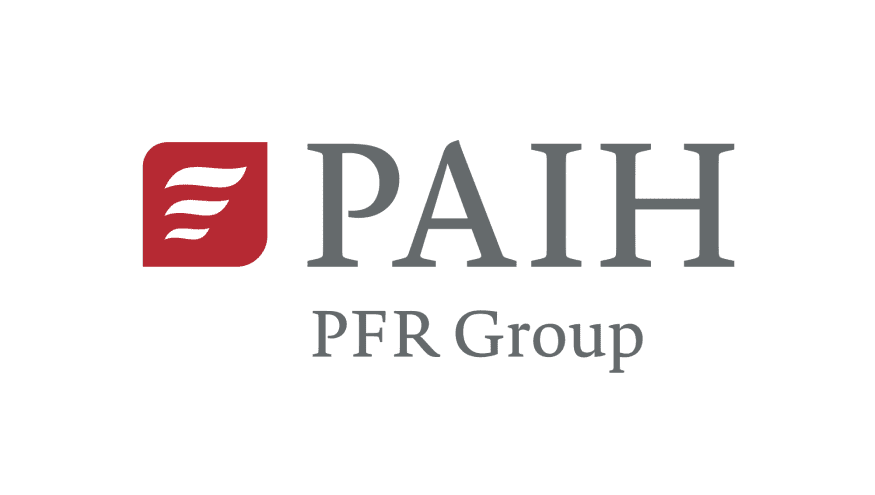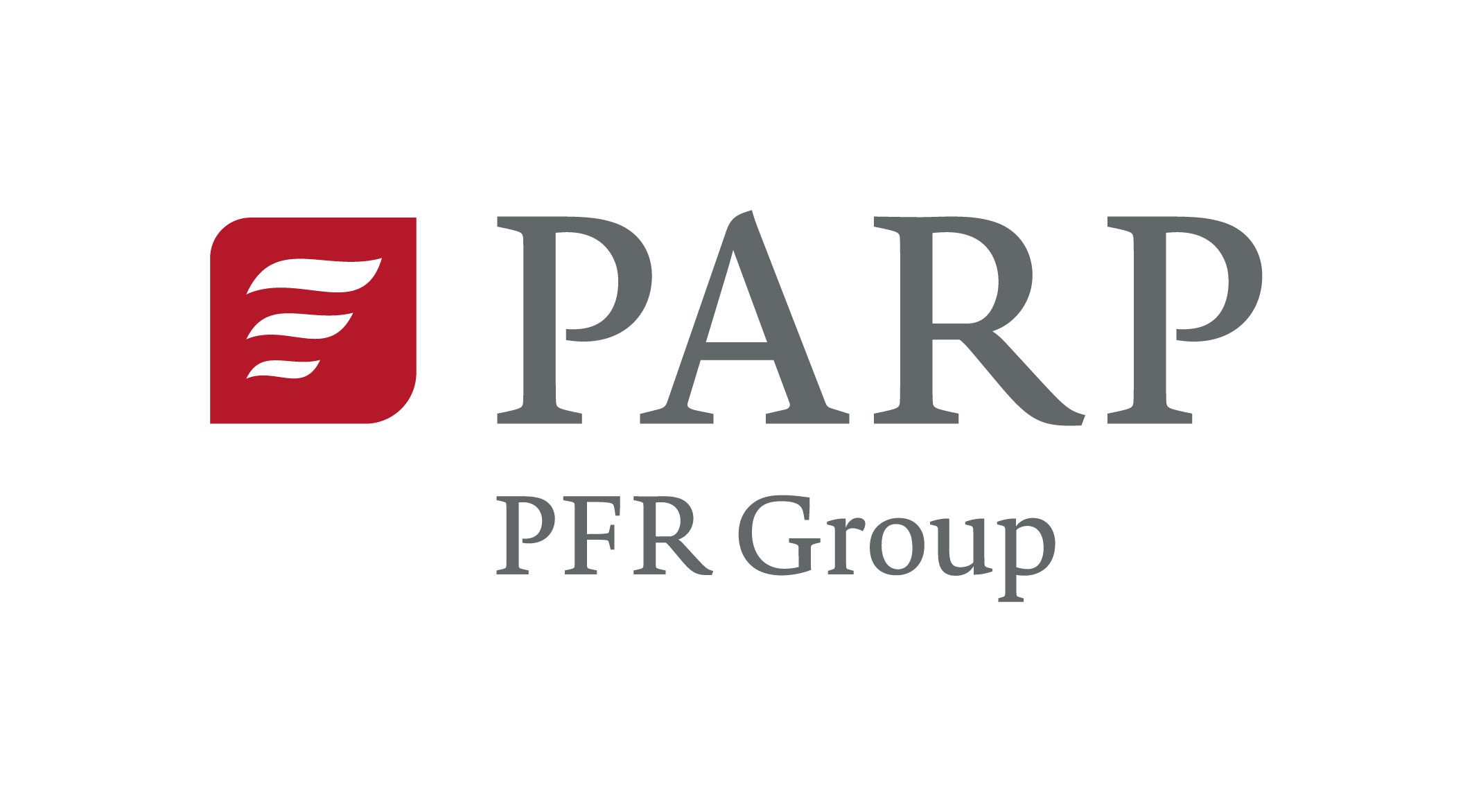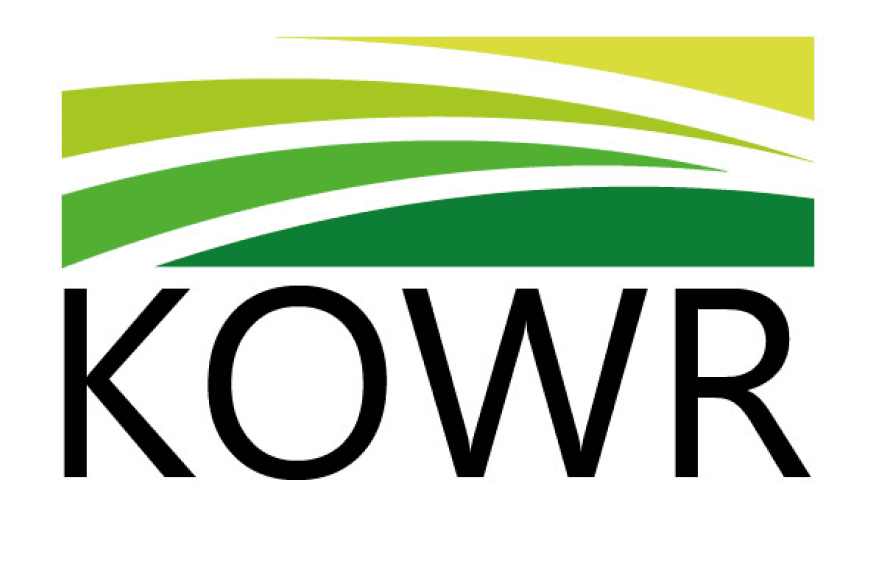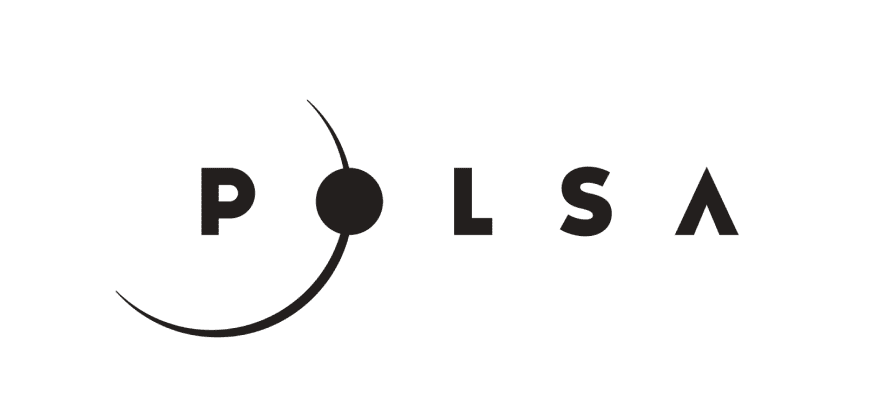The Polish economy and critical dependencies on imports
28.03.2025
According to the latest analysis by the Polish Economic Institute (PIE), in 2023 Poland imported 321 categories of goods that can be considered crucial for the functioning of the economy. Although most of them came from the European Union, the United Kingdom and Norway, some import dependencies came from non-European markets. In the face of global tensions and growing threats to supply chains, identifying these dependencies has become increasingly important.

Poland, like other EU countries, strives to secure supplies of strategic raw materials and technologies. To this end, the European Commission has developed the External Vulnerability Index(EXVI), which allows the assessment of the level of vulnerability of economies to foreign trade disruptions.
The External Vulnerability Index (EXVI) – a tool for analysing security of supplies
Critical analysis of international trade dependencies requires precise tools. In response to these needs, the European Commission has developed the EXVI indicator, which assesses:
- the degree of dependence on foreign suppliers,
- the competitive position of a given country on the global market,
- disruption to key supply chains.
This indicator takes values from 0 (low susceptibility) to 1 (high susceptibility). PIE analyses indicate that in Polish imports, the highest EXVI values were recorded in the biotechnology sector (0.27), as well as in the pharmaceutical, clean-tech, space and defence industries (0.21-0.24).
What products are of strategic importance for Poland?
According to the PIE report, in 2023, as much as 2.2 percent of the value of Polish imports came from commodity categories considered strategic.
The largest share of these products (1.6 percent) came from European Union countries, the United Kingdom and Norway. However, 0.6 percent of the value of imports depended on suppliers outside Europe, including China and the United States.
The most important product groups with a high EXVI index indicated by PIE include:
- LCD display modules and distillation plants – mainly imported from China;
- nickel alloys and components for the aerospace industry – key suppliers are the United States;
- biotechnological products – a sector in which Poland is particularly exposed to import dependencies.
Key sectors in the PIE analysis
The Polish Economic Institute points out that the greatest risk related to critical dependencies concerns the following sectors:
- biotechnology (bio-tech) – the EXVI index was 0.27, and critical relationships apply to 46 commodity categories. In most cases, the main suppliers are EU countries and the UK, but some of the products come from China and India.
- medical, pharmaceutical, clean-tech, space and defence sectors – the EXVI value ranges from 0.21 to 0.24.
Some of the products indicated by PIE as key for Polish imports are:
- solar water heaters – important for the energy transition;
- distillation and rectification installations – crucial for the chemical sector;
- specialized components for the aerospace and defense sector – of great importance for the country’s security.
How Poland secures its interests?
Poland, following the recommendations of the European Commission, is taking steps to increase the stability of supplies. Key ways include:
- diversification of suppliers – looking for alternative sources of raw materials and products to reduce the risk of over-dependence on one country.
- strengthening domestic production – investing in strategic sectors of the economy to become independent of foreign suppliers.
- dependency monitoring – using analytical tools such as EXVI to assess risk and predict potential problems in supply chains.
Global challenges and trade policy
PIE emphasizes that in recent years, global crises – from pandemics to geopolitical tension – have shown how important it is to take care of economic security. Shortages of semiconductors, problems with the supply of medicines or disruptions in maritime transport have affected prices and availability of many products.
Industrial and trade policies aimed at strengthening the resilience of the economy are therefore playing an increasingly important role. Poland actively participates in EU initiatives, such as the European Chips Act (support for semiconductor production) or the Critical Raw Materials Act (securing access to critical raw materials).
Identification of critical dependencies and strategic action taken by Poland and the European Union allow for effective strengthening of economic resilience. In the face of the challenges posed by global trade, regular risk monitoring and appropriate trade policies are essential to ensure stable development.
- Everything
- News (262)
- Events (160)
- Get Support (82)
- Polish companies (1014)
-

"DELIA COSMETICS" LLC
Cosmetics and detergentsShow allShow more Show lessDelia Cosmetics – a Polish cosmetics manufacturer with 27 years of experience. Owner of brands: Delia, Cameleo, Humanist. Categories: eyebrow, face,body care, hair care and color, make-up, nails. Export to 75+ countries. Annual turnover: 35M EUR, 50M cosmetics/year. Affordable prices, high quality/design ratio. Partnerships with retail chains, beauty and drug stores,pharmacies, traditional market. 5 innovative labs, 2 production plants (10,000 m2) in Poland. Certificates ISO 9001, GMP, FDA.

HANEX.PL SPÓŁKA Z OGRANICZONĄ ODPOWIEDZIALNOŚCIĄ
Renovation and construction materialsShow allShow more Show lessHanex.pl is a Polish supplier of building materials for pitched roofs. We offer metal roof tiles, gutter systems, roof windows, soffits, and a wide range of fasteners: wood and steel screws, wall plugs, and drywall accessories. Our products are dedicated to roofers and carpenters. We export proven solutions with fast delivery for wholesalers and contractors.

DATA Lab Odzyskiwanie Danych
Show more Show lessWe offer a wide range of data recovery services – regardless of the type of storage medium. We successfully recover data from HDD and SSD drives, RAID arrays, NAS servers, memory cards, USB flash drives, smartphones, tablets, and Apple/Macintosh devices. Additionally, we provide professional data erasure services – both software-based and hardware-based – using certified degaussers to ensure complete security and compliance with current standards.

DOBRA KLIMA SPÓŁKA Z OGRANICZONĄ ODPOWIEDZIALNOŚCIĄ
ServicesConstructionRenovation and construction materialsIndustrial machinery and mechanical appliances and parts thereofShow allShow more Show lessDobraKlima is your partner with passion in the field of air conditioning, photovoltaics, heat pumps and solutions for thermal comfort. Our extensive experience in the air conditioning industry, both in system design and in their installation and service, allows us to deeply understand the needs and expectations of our customers. Innovation and precision are at the heart of our approach – it is advanced technologies and the professionalism of our specialists that show us that our solutions are.
-
 Article
ArticleTripling high-tech exports in the last 15 years
In 2024, exports of high-tech products from Poland reached EUR 37.25 bln, up 10.1% year-on-year
 Article
ArticleThe Polish Pavilion at Expo Osaka 2025 is open
An area where our cultural heritage inspires the future
-
 Event
EventAGRO SHOW 2025
International Exhibition – Agro Show 2025 will be held between the 19th-21st September 2025, in Bedn…
 Event
EventKIELCE IFRE-EXPO 2025
The 5th International Trade Fair of Fire Brigade and Rescue Services Equipment will be held between …
-
 Institution
InstitutionPolish Investment and Trade Agency (PAIH)
The Polish Investment and Trade Agency (PAIH) is the partner of first-resort for entrepreneurs when …
 Institution
InstitutionPolish Agency for Enterprise Development (PARP)
Polish Agency for Enterprise Development (PARP) mission is an implementation of economical developme…
-

"DELIA COSMETICS" LLC
Cosmetics and detergentsShow allShow more Show lessDelia Cosmetics – a Polish cosmetics manufacturer with 27 years of experience. Owner of brands: Delia, Cameleo, Humanist. Categories: eyebrow, face,body care, hair care and color, make-up, nails. Export to 75+ countries. Annual turnover: 35M EUR, 50M cosmetics/year. Affordable prices, high quality/design ratio. Partnerships with retail chains, beauty and drug stores,pharmacies, traditional market. 5 innovative labs, 2 production plants (10,000 m2) in Poland. Certificates ISO 9001, GMP, FDA.

HANEX.PL SPÓŁKA Z OGRANICZONĄ ODPOWIEDZIALNOŚCIĄ
Renovation and construction materialsShow allShow more Show lessHanex.pl is a Polish supplier of building materials for pitched roofs. We offer metal roof tiles, gutter systems, roof windows, soffits, and a wide range of fasteners: wood and steel screws, wall plugs, and drywall accessories. Our products are dedicated to roofers and carpenters. We export proven solutions with fast delivery for wholesalers and contractors.

DATA Lab Odzyskiwanie Danych
Show more Show lessWe offer a wide range of data recovery services – regardless of the type of storage medium. We successfully recover data from HDD and SSD drives, RAID arrays, NAS servers, memory cards, USB flash drives, smartphones, tablets, and Apple/Macintosh devices. Additionally, we provide professional data erasure services – both software-based and hardware-based – using certified degaussers to ensure complete security and compliance with current standards.

DOBRA KLIMA SPÓŁKA Z OGRANICZONĄ ODPOWIEDZIALNOŚCIĄ
ServicesConstructionRenovation and construction materialsIndustrial machinery and mechanical appliances and parts thereofShow allShow more Show lessDobraKlima is your partner with passion in the field of air conditioning, photovoltaics, heat pumps and solutions for thermal comfort. Our extensive experience in the air conditioning industry, both in system design and in their installation and service, allows us to deeply understand the needs and expectations of our customers. Innovation and precision are at the heart of our approach – it is advanced technologies and the professionalism of our specialists that show us that our solutions are.
The Export Promotion Portal uses cookies to make it easier for users to use the website and for statistical purposes. If you do not block these files, you agree to their use and saving in the memory of your computer or other device. Remember that you can change your browser settings to block the storage of cookies. More information can be found in Privacy Policy and Terms and conditions.





